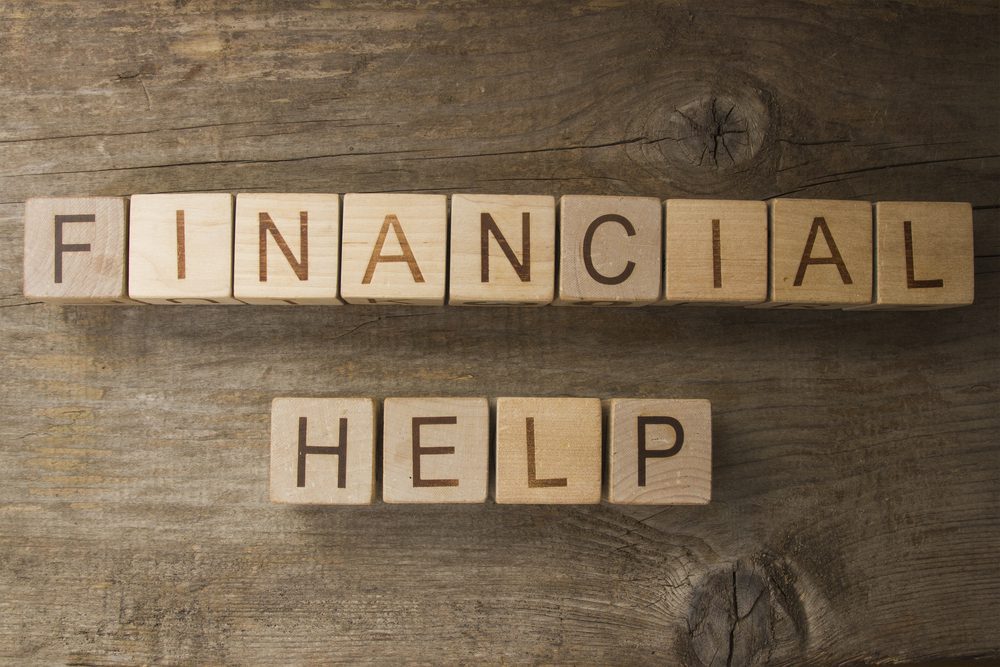It’s no secret that times are tough, and many people are finding it hard to make ends meet. With rising prices and a decreasing bank balance, you may be wondering how you’ll keep a roof over your head or put food on the table. You may not have considered unclaimed money, which has numerous sources, and you might be entitled to some. This unclaimed money guide explores the basics and steps to claim any owed money.
What are Unclaimed Funds?
Unclaimed funds are assets with value that have no owner. This can include cash, stocks, and even property. Efforts to locate the owner of these assets result in the government receiving the funds if the owner is not available. Each state has its own process, and if there is no true claim, the assets pass to the government.
Why do Funds Go Unclaimed?
There are many reasons why funds and assets go unclaimed. Some of the most common reasons include:
Tax refunds
A tax refund might be owed to someone. If the government doesn’t have information to direct deposit it, they will send a check. If the person has moved without updating their address, the government doesn’t know where to send the money.”
Bank failures
When a bank goes out of business, it must return all customers’ assets. However, some may not be aware they had an account, or the bank may not know whom to contact.”
Unclaimed pensions
Some people may not be aware they have a pension with a company, and if the company goes out of business, the administrators may not know what to do with the pension fund.”
Stocks
A brokerage company may have to liquidate partial shares of stock, but if they don’t have updated information for clients, they might not know where to send the check.”
Estate proceeds
If someone passes away and there is no will, the assets go to probate court. However, no one may step forward to claim the assets, or the direct beneficiaries specified in the will may not be able to be located.”
These are just a few examples of the many types of unclaimed property, including inactive stocks, court funds, dividends, checking and savings accounts, and estate sale proceeds. If someone doesn’t register a forwarding address after changing it, these unclaimed assets may be difficult to get to them.
Note that unclaimed property isn’t taxed while unclaimed but may be considered taxable income when claimed.
How to Claim Unclaimed Money

There’s a chance you have assets that belong to you that you’re not even aware of. So, how do you go about claiming it? Check the website Unclaimed.org; it’s one of the first things you should do.This website provides links to the unclaimed property program in every state and has vetted all links to ensure accuracy. It’s important to use this website instead of a general search engine to avoid falling victim to scams.
Once you arrive at the search engine for your state’s unclaimed property website, you can start by searching for your name
Reclaiming Unclaimed Money
The Process Once you have confirmed that you have unclaimed money, you will need to start the process of reclaiming it. Here are the steps you need to follow:
- Fill out a claim form: Every state’s unclaimed property office will have a claim form that you need to fill out and submit. Make sure to fill out the form accurately and completely. Correctly filling out the form is crucial; otherwise, the claim may face rejection.
- Provide proof of identity: You will need to provide proof of identity along with your claim form. This could be a government-issued ID or a copy of your social security card. Make sure to provide a clear and legible copy of your ID.
- Provide proof of ownership: In some cases, you may need to provide proof of ownership of the unclaimed property. This could be a bank statement or a stock certificate, for example.
- Submit the claim form: Once you have filled out the claim form, and provided proof of identity, and proof of ownership (if required), you can submit your claim form. Sending the claim form by registered mail provides proof of receipt by the unclaimed property office.
- Wait for processing: The processing time for a claim can vary from state to state. Processing a claim typically takes several weeks.
- Receive payment: Approval results in payment via check or direct deposit; rejection yields a notice detailing the reason.
It is important to note that the process of reclaiming unclaimed money can take some time. Be patient and keep in mind that the end goal is to get back the money that belongs to you.
Unclaimed Money Guide – Final Thoughts
Recapping this unclaimed money guide, we discussed assets without an owner, eventually turned over to the government. The biggest reasons why money and other assets go unclaimed include tax refunds, bank failures, unclaimed pensions, and unclaimed estate proceeds.
To claim unclaimed money, you need to check Unclaimed.org, find your state’s unclaimed property program, fill out a claim form, provide proof of identity and ownership, and wait for processing. The process can take several weeks, but the end result is getting back the money that belongs to you.




